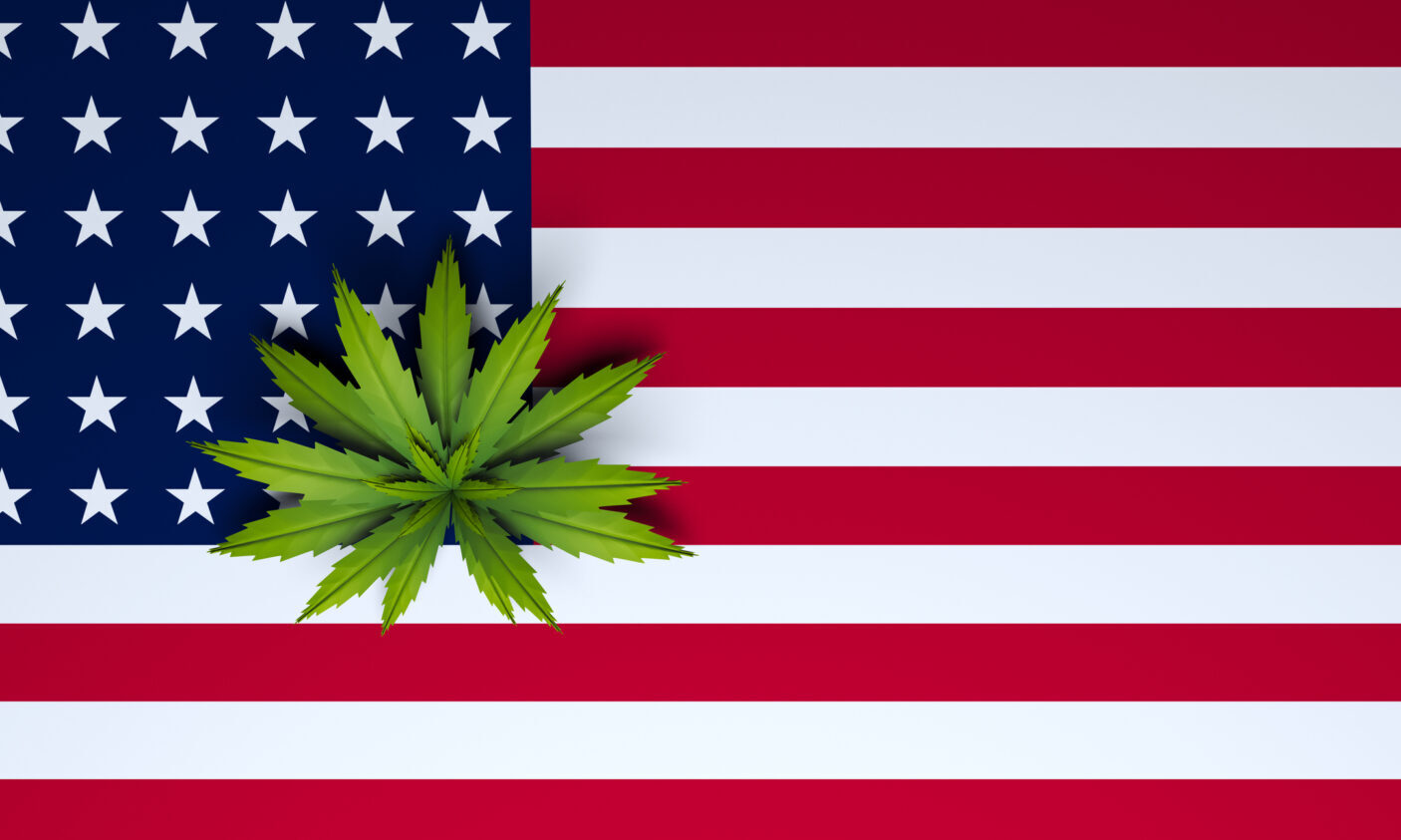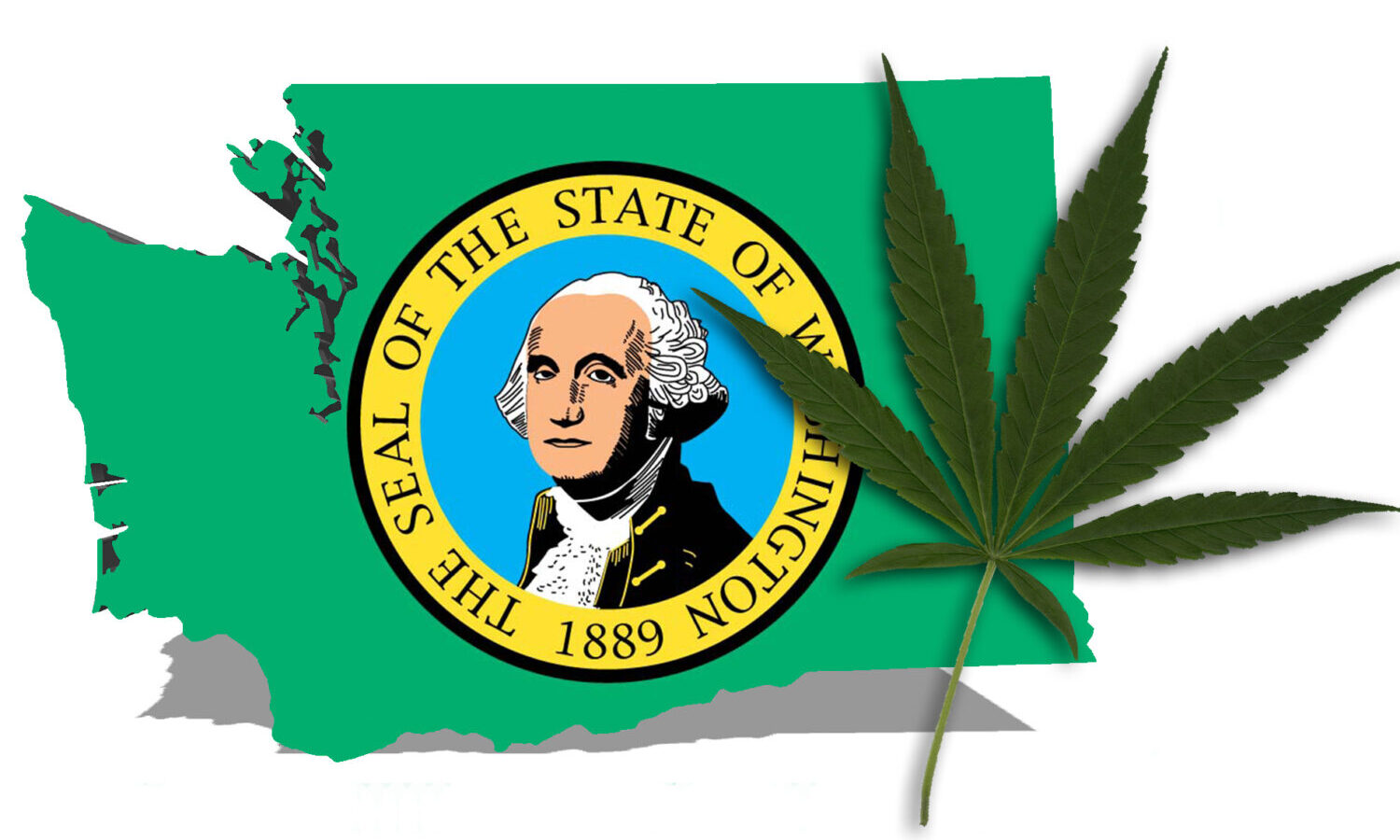The ruling is a setback for those who have hoped that such lawsuits would actually lead eventually to legal interstate cannabis shipping prior to federal legalization
In a break from a national trend, a federal judge in Washington state upheld the state’s residency requirement for cannabis business ownership and ruled that the US Constitution’s dormant commerce clause doesn’t apply because marijuana is still federally illegal.
Last Tuesday, US District Judge Benjamin Settle sided with the Washington Liquor and Cannabis Board and tossed a lawsuit filed in 2020 by marijuana investor Todd Brinkmeyer, who had asked the court to rule that Washington’s residency requirement is unconstitutional, Law360 reported.

Settle wrote that states don’t have the legal power to overrule the federal Controlled Substance Act or Congress, both of which have maintained the federal illegality of cannabis, and therefore the commerce clause’s guarantee of fair interstate trade doesn’t apply.
That, Settle concluded, means Brinkmeyer didn’t have any standing to challenge the residency requirement.
“No party in this case suggests that citizens have a federal statutory or constitutional property right to cannabis while it remains federally illegal and, in fact, they do not,” the judge wrote in his ruling. “It is not clear to this Court how the dormant Commerce Clause can be read to protect illegal interstate commerce. The Supremacy Clause, preemption, general principles of federalism, and common sense suggest it does not.”
RELATED: How Pig Farmers Could Affect Cannabis Interstate Commerce
Attorney Daniel Oates, who represented Brinkmeyer in the case, called the ruling “disappointing.”
“It is unfortunate, particularly because, as the court acknowledged, the ruling stands in stark contrast to the majority of rulings by other federal courts on this same issue. We are carefully reviewing the ruling with our client and evaluating our next steps,” Oates told Law360.

The ruling is a break from other federal cases, particularly one in Maine that resulted in the state’s residency mandate being thrown out, and an injunction that was issued by a federal judge in New York, preventing the state from issuing at least 18 retail licenses to date.
RELATED: This Governor Wants A Cannabis Crackdown
There are also similar lawsuits ongoing in several California cities that have residency requirements for cannabis social equity programs.
The Washington ruling is also a setback for those who have hoped that such lawsuits would actually lead eventually to legal interstate cannabis shipping prior to federal legalization, which is a speculative legal theory based on the Constitution’s dormant commerce clause. If the federal judiciary isn’t aligned on whether residency requirements are legal or not, that uncertainty could be enough to delay the interstate commerce movement for years.


